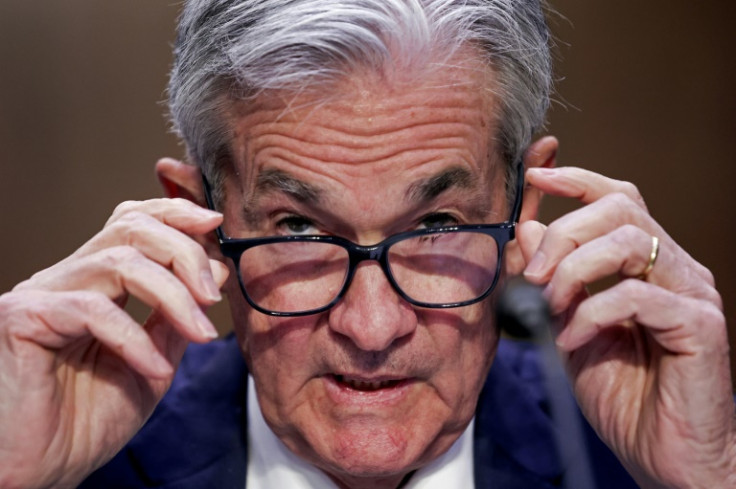Stocks Search For Direction After A Wild Ride On Valuations, Hawkish Fed Message

U.S. stocks search for direction after a wild ride on valuation concerns and hawkish Fed comments at the Jackson Hole economic conference.
All major equity averages managed to end the week almost unchanged after being all over the map.
Early in the week, stocks rose, led by semiconductors in anticipation of solid earnings from Nvidia.
On Wednesday afternoon, Nvidia delivered what Wall Street wished for, smashing analyst expectations.
But its stock and the entire market came under pressure on Thursday as traders and investors began to question the company's valuation. It exceeds $1.1 trillion, with a forward PE of 46.
Aiding the down pressure on stocks was the anticipation of a hawkish message by the Fed chair in the annual economic conference at Jackson Hole.
On Friday morning, the Fed chair again delivered what Wall Street had expected. He reaffirmed the view that monetary policy will remain restrictive to fight inflation pressures stemming from a resilient economy.
Hawkish messages by central bankers mean higher interest rates, usually negative for equities. They make future corporate earnings less valuable when discounted to the present. As a result, selling off continued after the Fed's comments on Friday morning.
"This week's market activity reinforced the message that market activity is 'all about the Fed,'" Robert R. Johnson, professor at Heider College of Business, Creighton University, told International Business Times. "Interest rates and the expectation for future rate moves dominated market activity and likely will continue to do so shortly."
Still, stocks returned on Friday afternoon to close the day with solid gains and end very close to where they began the week. For instance, the S&P 500 closed at 4,405, up from 4,394 at the beginning of the week, while the tech-heavy NASDAQ fared slightly better, thanks to Nvidia's rally.
A good explanation for Friday's reversal in equities trade is that, like Nvidia's earnings, markets have already discounted the Fed's hawkish message.
"The market has priced the speech very efficiently," Rajeev Sharma, managing director of fixed income at Key Private Bank, told IBT. "Fed chair Powell reiterated that the Fed's inflation goal is 2% and that the economy is not cooling as expected, even after 525 bps of rate hikes. Fed Chair Powell is not declaring victory, and the 10-year Treasury note yield will be the guide to see further market interpretation."
Another good explanation of Friday's market reversal is the Fed's reasoning behind the hawkish message: a re-acceleration of economic growth.
That's positive for equities, as a growing economy helps earnings, the critical driver of equity prices over the long run.
Sonu Varghese, vice president and global macro strategist at Carson Group, believes that the Fed delivered a dovish rather than a hawkish message on Jackson Hole, which helped the market reversal on Friday afternoon.
"The comments from Powell certainly acknowledged the resilient economy despite aggressive rate hikes," he told IBT. "And if this continues, rates may have to remain higher for longer or go even higher. Powell believes in long and variable lags, so rates might not need to go higher; we need time to see all this play out. The markets are interpreting his comments as dovish, on balance."
Still, Gautam Khanna, CFA, CPA, head of U.S. multi-sector fixed income at Insight Investment, is casting a wary eye on equities due to high valuations.
"Equities have had a strong run this year despite the Fed's continued tightening of monetary policy and concerns of an economic slowdown," he told IBT. "The backdrop of moderating but healthy economic growth, elevated but moderating inflation, and continued robust consumer spending trends supported by strong employment markets have all contributed to elevated equity valuations."
He believes the "higher for longer" Fed policy, at a time of rising "real yields," makes equities vulnerable to a portfolio rebalancing, which favors bonds over stocks.
"Rising real yields act as a headwind to economic growth and, in turn, corporate profitability," Khanna added. "Locking in equity-like returns from high quality fixed income assets with significantly lower volatility should be competitive."
© Copyright IBTimes 2025. All rights reserved.






















